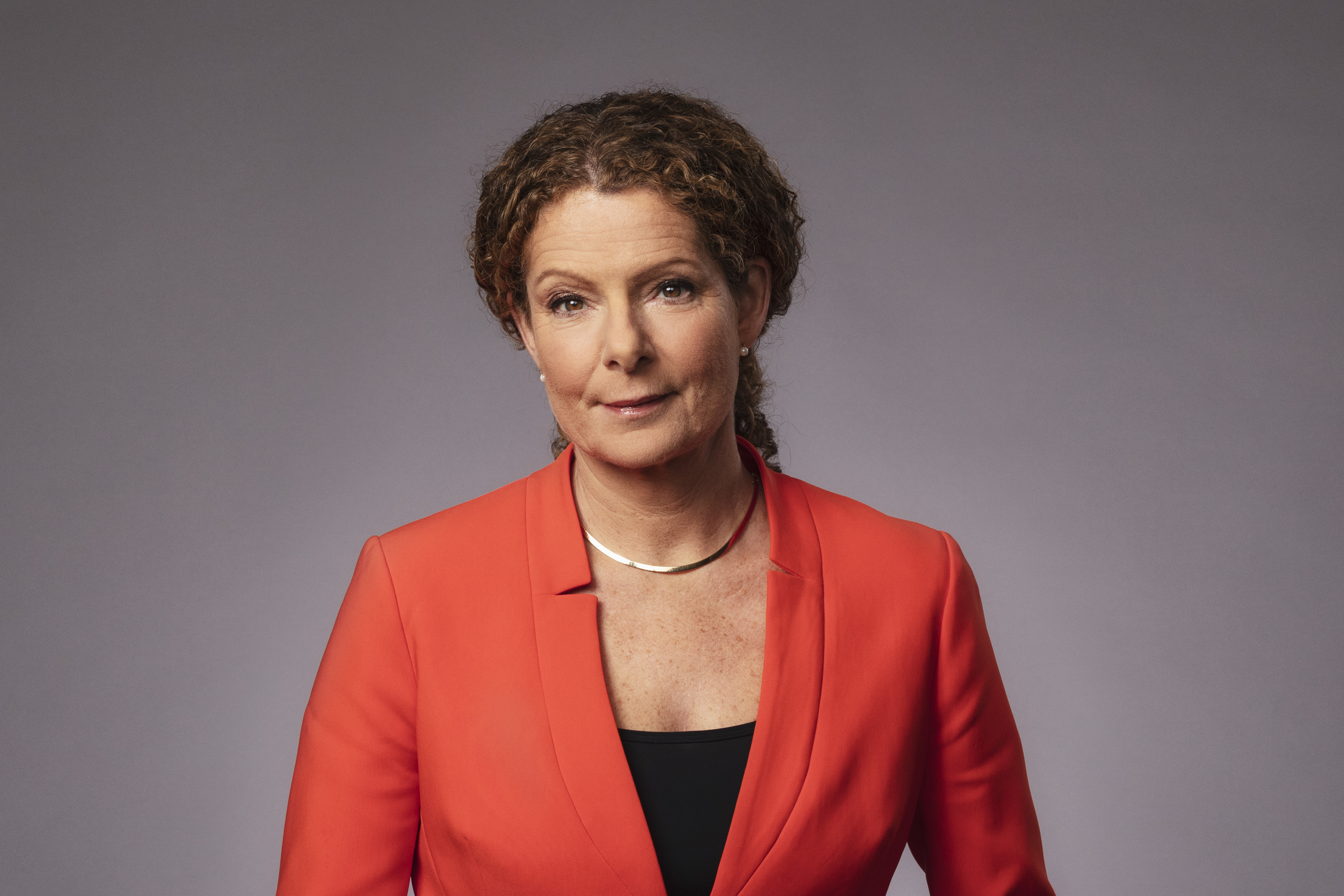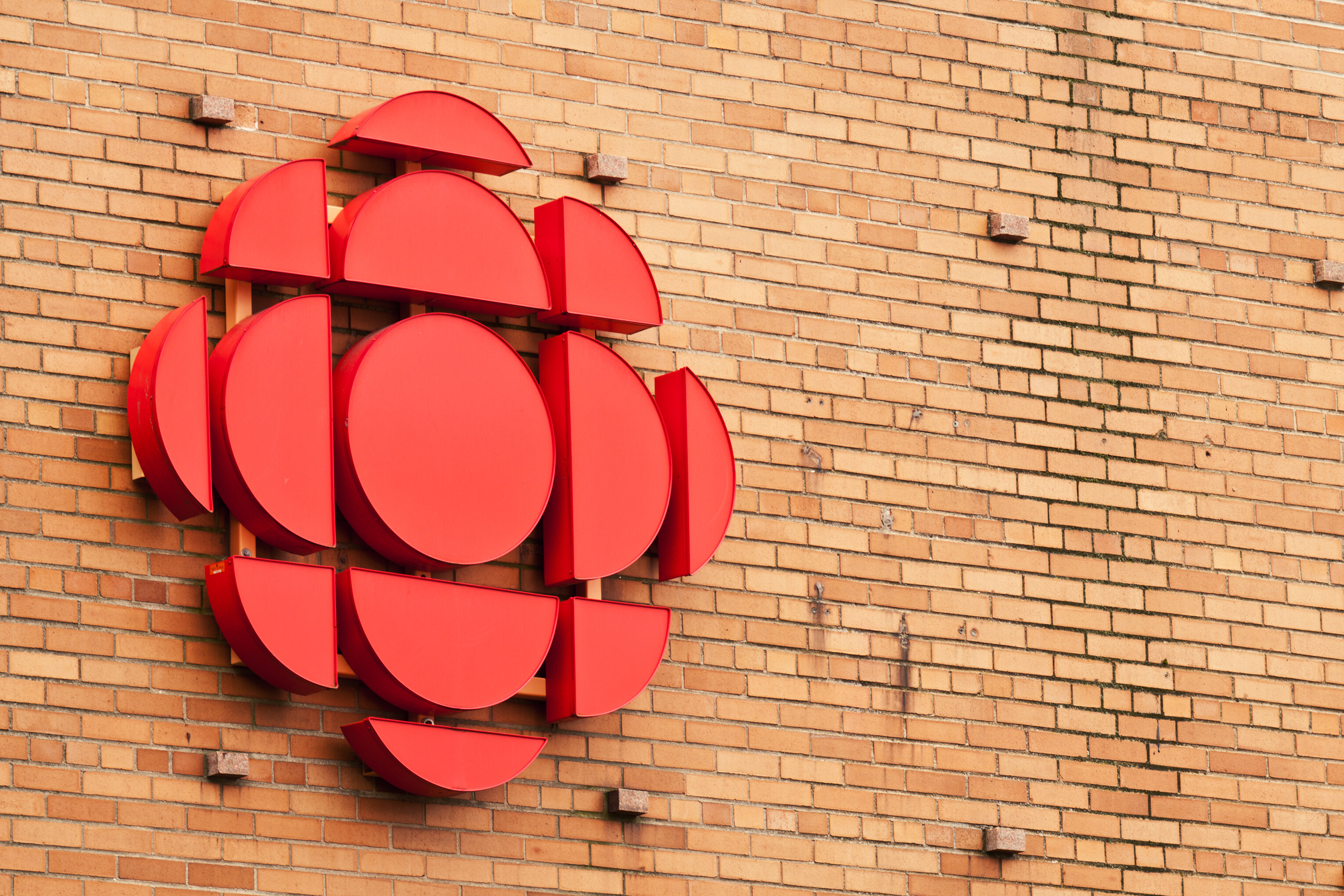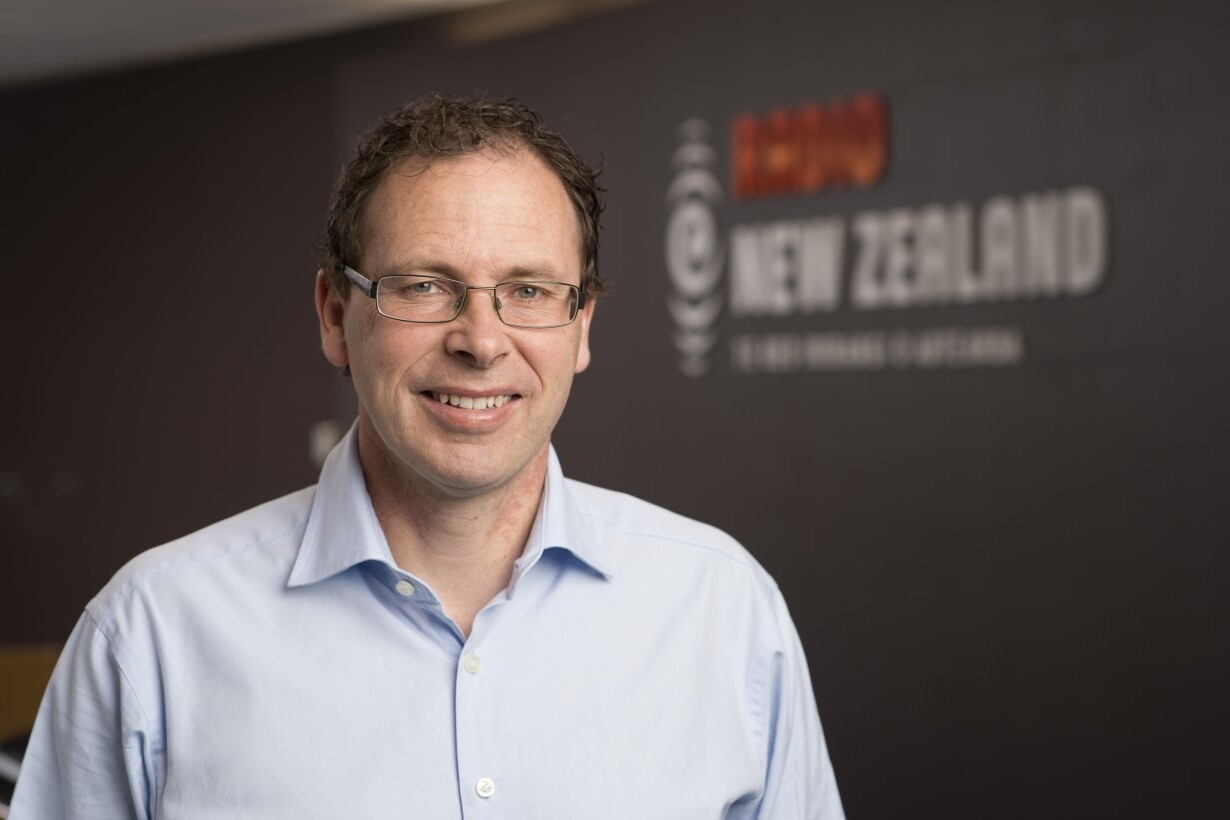BBC World Service Director, Jamie Angus, explains why trusted news services should have access to chat apps such as WhatsApp to combat disinformation during crises and emergencies.
By Jamie Angus, Director, BBC World Service Group
Like most readers, I am hopelessly addicted to WhatsApp – to keep up with my family and friends during lockdown, to share pictures, voice notes and gifs, and to connect with contacts and colleagues in real time across the world. And like everyone else I received the odd message that begins, ‘this may not be useful, but my cousin works for the Anti-COVID taskforce and she’s told me…’. The research the World Service commissioned into the motivations and behaviours that drove the spread of fake news two years ago showed us that many people share things they know are likely not true, but they do so anyway, partly to allow peer groups to tell them what’s true and false, and partly because they’d like the social validation of being first with something that does turn out to be true.
Our research showed that a single piece of fake news could be shared between millions of WhatsApp users, before any mainstream news organisations were even aware of it. Unlike web pages or posts on Facebook and other social platforms, chat apps are private and unsearchable. Over the years, WhatsApp have re-announced restrictions on multiple forwarding of messages, but of course that doesn’t stop people from cutting and pasting messages themselves. WhatsApp has long been a vector for quack medicine, snake-oil cures, and most troublingly anti-vaxxing conspiracy theories. But the COVID-19 threat has put even this in the shade; the current range of fake advice about COVID circulating in private chat apps represents a very real threat to global health. Most troublingly it is often promulgated by global celebrities and world leaders. Now, in the teeth of a global pandemic, more than ever, WhatsApp need to act to ensure their platform is used responsibly. These are extraordinary times, and they call for extraordinary measures.
Read more: BBC World Service Director calls for trusted news access to chat apps
In 2014 during the serious Ebola outbreak in West Africa, WhatsApp were among the first to allow the BBC to set up an emergency information service, to share trusted public health information amongst our audiences in the region on what was then an emerging platform. Yes, the process of adding individual phone numbers to the BBC World Service account by hand was laborious, but the mission was important, the results compelling. We assumed then that a responsible product solution for news providers on WhatsApp would emerge. Six years on, incredibly, things are arguably worse than they were then.
In the 2020 pandemic, WhatsApp have rightly allowed the WHO to have a global account in the app, which users can choose to follow and receive regular updates on COVID. But they have declined to do the same for trusted news providers, including the BBC World Service. This cannot be the right answer – the building is on fire, and it’s on all of us to open the tap on the fire hose to the greatest degree. We want trusted content on COVID-19 to saturate the environment in WhatsApp and we can’t do this fully without the co-operation of the platform itself. Facebook, who own the platform, have argued that encrypted chat is about privacy, and they don’t want to make the kind of publisher decisions that would see some news providers have access and others not. My view is that maintaining artificial distinctions between private chat and the public digital world is less important than meeting this unprecedented global challenge. Looking at parts of the world like Brazil and India where COVID infection rates are sadly on the rise, these are precisely the areas where we have a strong and trusted brand, and that WhatsApp is dominant. Even if a change in policy for the period of the pandemic was temporary, it would still be the right thing to do.
Meanwhile a torrent of fake news allegations about the BBC itself continues to pour in – in the last 72 hours alone we are accused of being part of a global Gates-conspiracy to enforce vaccination, lying about the death of a head of state who reportedly died of COVID-19 having repeatedly scorned its dangers and of suppressing reporting about a non-existent violent race attack in London’s Trafalgar Square. The BBC’s Disinformation Unit is in no danger of running out of material to evaluate – and of course the group chat takes place…on WhatsApp.
Biography
Jamie Angus is the Director of BBC World Service Group. BBC World Service broadcasts around the world on TV, Radio and Online in 42 languages. In English, our BBC World News channel and the BBC News website are run as a commercial company within the BBC, with the aim of distributing our high quality and independent international news, sport and weather coverage around the world. World Service Group currently reaches an audience of 394 million per week globally. Prior to taking up this role, Jamie was the Editor of the flagship Today Programme, which provides politics and international news coverage for 7 million radio listeners a week within the UK.
Insight
There is plenty of fresh thinking and Insight in the world of public media but it is critical that those ideas get shared, debated and more widely discussed. In this series of specially commissioned comment pieces PMA brings you Insight from experts, practitioners and commentators.
Header Image: Jamie Angus, Director, BBC World Service Group. Credit: BBC World Service Group
Related Posts
6th April 2020
Insight | An essential and important role in difficult times
The demand for the latest correct…
26th March 2020
Insight | An update on local services and all the ways to access COVID-19 information on CBC News
Everything from a new email destination…
16th December 2019
Insight | Facebook “state controlled” labels could ensnare public broadcasters
Facebook for more than a month now has…



